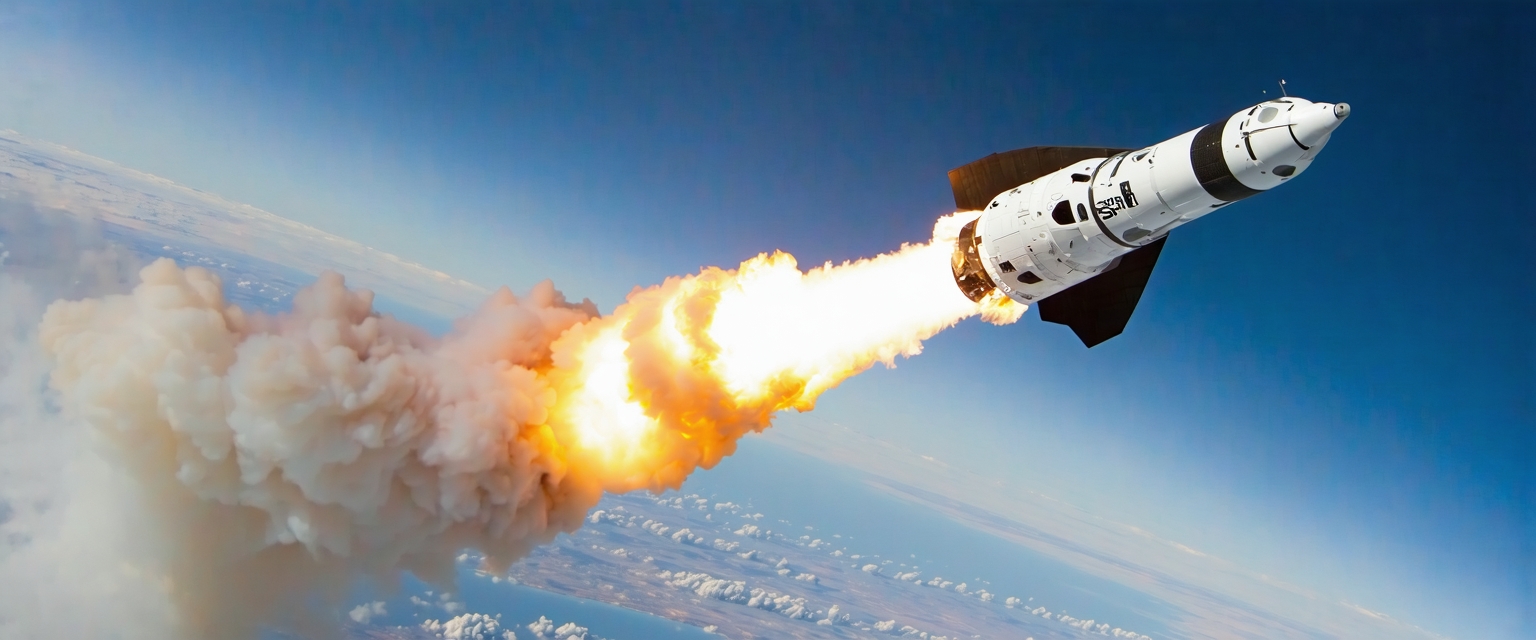






SpaceX recently conducted a successful static fire test of its Starship Super Heavy booster, marking a significant step forward in the development of its fully reusable launch system. This test paves the way for an upcoming orbital flight test, aiming to revolutionize space travel.
Starship, designed to be the world’s most powerful launch vehicle, consists of two integrated spacecraft: the Super Heavy booster and the Starship upper stage. The goal is to create a completely reusable system, drastically reducing the cost of space travel.
Previous tests have encountered challenges, with some experiencing unexpected issues during ignition. The recent static fire test was a crucial step in addressing these problems and validating the improved engine design and integration.
The successful static fire test involved igniting all 33 Raptor 2 engines on the Super Heavy booster simultaneously. This is a critical milestone in verifying the performance of the upgraded engines and their ability to function cohesively. Data collected will be analyzed to further refine the system before the orbital flight test.
The successful firing lasted several seconds and was deemed a success by SpaceX. This result suggests a high level of confidence in the upcoming orbital flight attempt.
A successful orbital flight test would be a monumental achievement for SpaceX and the space industry as a whole. It would significantly advance the capabilities of reusable launch systems, opening up new possibilities for space exploration and commercial ventures. The reduced cost of launch could lead to a boom in satellite deployments and lunar missions.
SpaceX is now working towards the next phase, the orbital flight test. This will involve a full launch and landing attempt, proving the system’s end-to-end functionality. The timing for this crucial test is yet to be officially announced, but it’s anticipated to occur relatively soon.
Following the orbital flight test, further refinements and iterative improvements to the Starship system are expected as SpaceX gathers data and works to enhance its capabilities and reliability.
“`